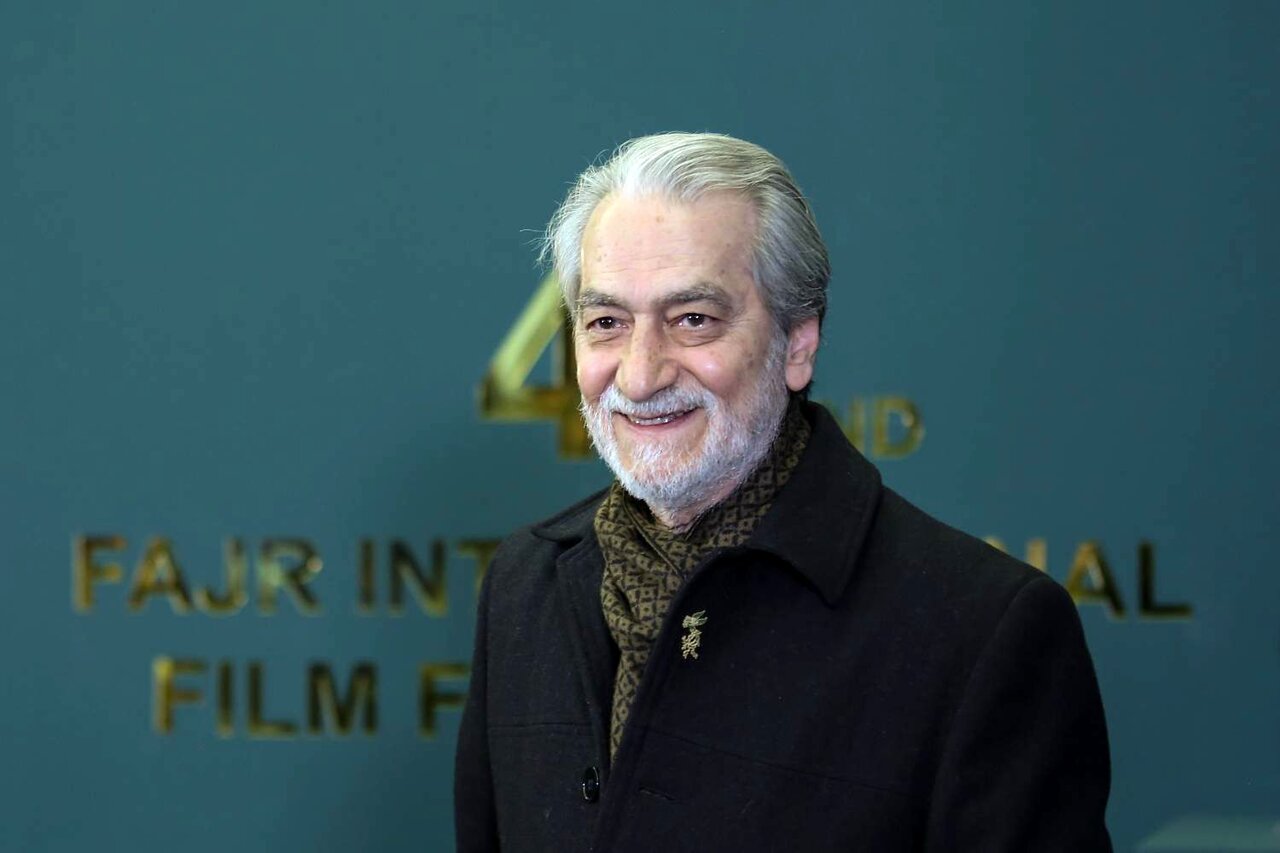Digital version of “The Survivor” soundtrack album by Majid Entezami released

TEHRAN- “The Survivor” soundtrack album composed by the celebrated Iranian musician and composer Majid Entezami has been released about 30 years after the movie was screened.
The album has 23 tracks from the Iranian epic historical drama film “The Survivor” written and directed by Seifollah Dad (1955-2009), which was released in 1996.
The digital version of the album is now available to enthusiasts on all the international music streaming services, IRNA reported.
“The Survivor” is loosely based on Palestinian author Ghassan Kanafani’s novella “Returning to Haifa”. It is an emotional and symbolic drama depicting the transformation of Palestine into Israel by focusing on a couple, Palestinian physician Saeed and his wife Latifah, who live in Haifa in 1948. As Jewish refugees arrive from Europe and the Palestinian residents protest, tensions mount in the city. During the ensuing war, Saeed and Latifeh are killed but their infant son Farhan survives. Soon thereafter, a Jewish couple takes up residence in Saeed's house and adopts Farhan, whose name has been changed to Moshe. Meanwhile, Saeed's mother Safiyeh finds out what happened and poses as the former nanny of Farhan/Moshe while her husband Rasheed plans their revenge.
The film won the Special Jury Award at the 14th Fajr Film Festival in Tehran in 1996 and was nominated for the best screenplay and best actress. Salma Al-Masri received a certificate of appreciation for her role in the movie. It also won an award for best screenplay at the Non-Aligned Movement Film Festival in Pyongyang, North Korea.
Maestro Entezami, 75, also an oboist, has composed music for over 80 movies including “The Fragrance of Joseph's Shirt,” “The Train,” “From Karkheh to Rhine,” “The Glass Agency,” “Duel,” and “The Insane Flew Away”. His resume also includes compositions for nine television series and 10 suite symphonies. He has received the Best Original Score award at the Fajr International Film Festival several times.
He studied at the State University of West Berlin under the supervision of Karl Steins and Lothar Koch in 1968. He performed successful concerts with the Berlin University Symphony Orchestra in Lyon, Nancy, and Marseille, France from 1969 to 1972.
In 1973, Entezami came to Iran at the invitation of the Tehran Symphony Orchestra and performed a successful Mozart concert as an oboe soloist, conducted by Helge Dorsch. Then he returned to Germany as a member of the Berlin Symphony Orchestra and West Deutsche Philharmonie.
In 1974 he became a member of the Tehran Symphony Orchestra as well as a teacher at the Tehran Conservatory and music department of the University of Tehran. He has performed two oboe recitals with Lucette Martirossian on piano and harpsichord and Ivan Pristas on bassoon in 1976 and a concert with the Les Jeunesses Musicales de I’Iran orchestra conducted by Ali Rahbari and Valodia Tarkhanian as viola d’amore soloist.
Despite being the son of famous Iranian actor Ezzatollah Entezami, Majid's entrance into the cinema industry was his own.
He has a profound understanding of the picture and has always tried to tell the untold essence of the story. He also has experience with various styles, which has given his portfolio variety, from comedies to epic war movies.
The music of Entezami is orchestral and based on Western classical music, but with Iranian instruments and unusual rhythms which give his works an eastern feel.
Every theme and musical color heard in Entezami's work has a rational explanation in the story. He believes that music tells a part of the story not already told in the picture. Some of his works seem narrative, almost like part of the script, but he maintains that no director has ever asked him for such characteristics.
SS/
